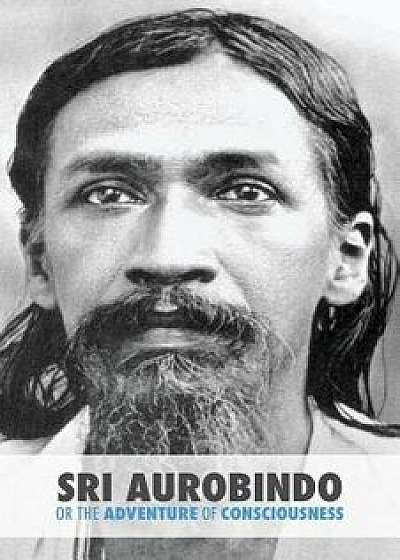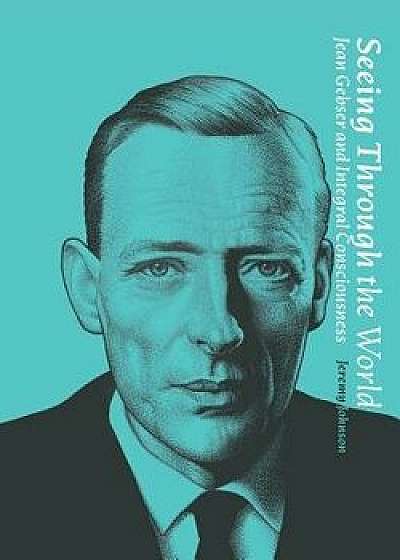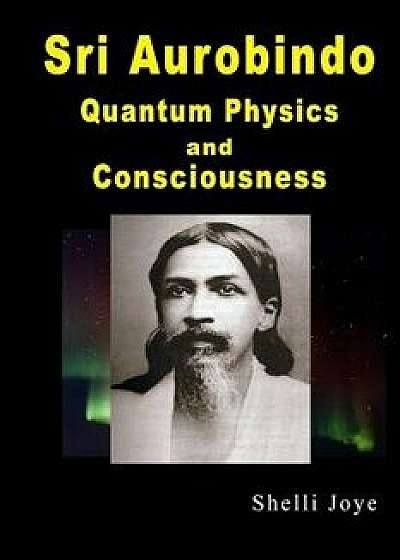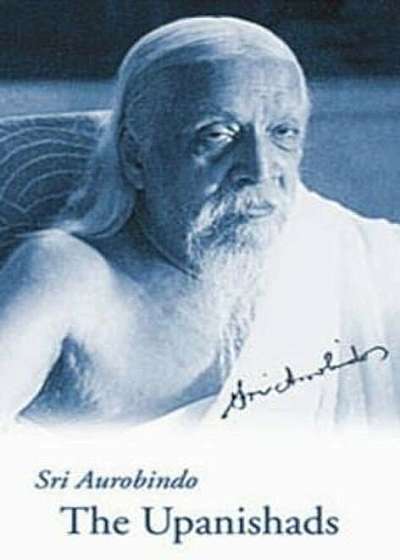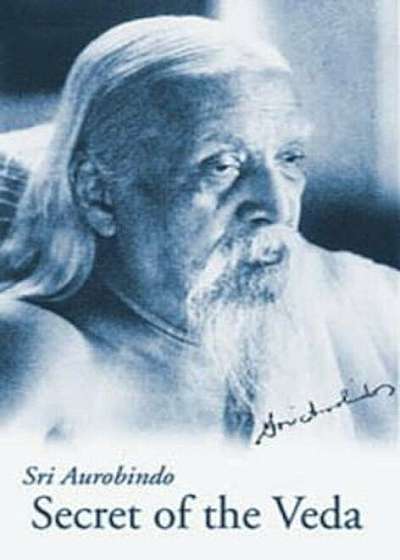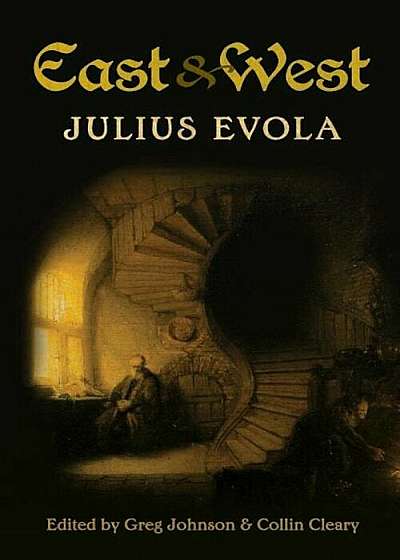
Sri Aurobindo and the Revolution of India/Luc Venet
Descriere
Description Largely unknown to the general public, Sri Aurobindo is one of the most mysterious and influential figures of 20th-century India. At the age of twenty, this young Indian poet, steeped in classical culture developed at Cambridge, returned to his native land, only to find his country bent under the yoke of British colonialism - whereupon he affirmed a passionate commitment to work for her liberation. The devotion to India would lead him to the discovery of the wisdom embodied in her ancient scriptures - the Vedas, the Upanishads and the Bhagavad Gita. His political struggle became inseparable from his spiritual quest. Forerunner of a modern, democratic nationalism, Sri Aurobindo inspired and captivated India with his scathing editorials - between 1906-1910 in the Bande Mataram, then in the Karmayogin - causing him to be called "the most dangerous man in India" by the British regime. He was arrested and narrowly escaped deportation. Outwardly, he succeeded in launching India's Liberation Movement, laying the foundations of the political strategy combined with spiritual insights, which ultimately resulted in the withdrawal of the British in 1947 - an outcome still attributed to Gandhi alone.
